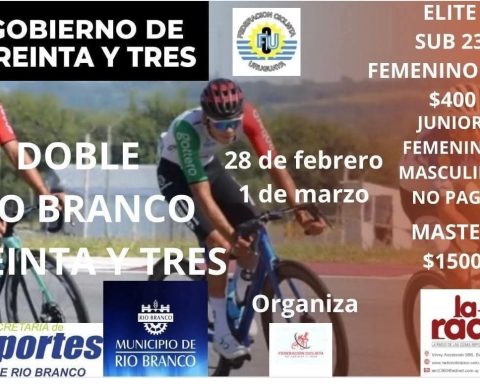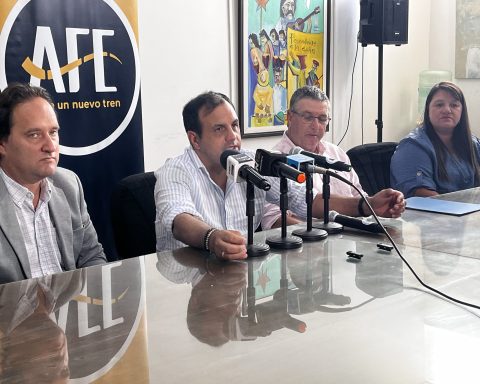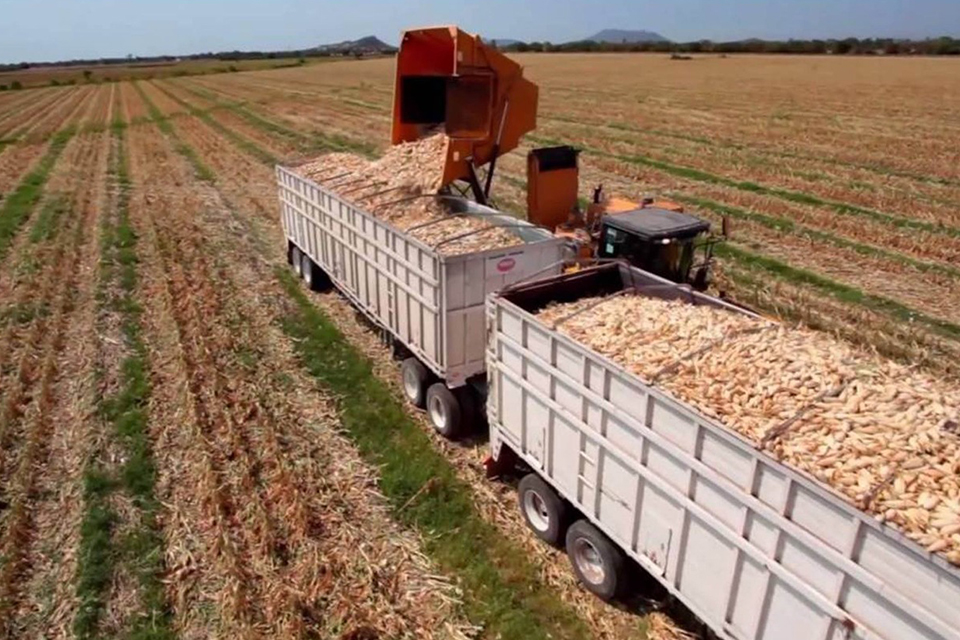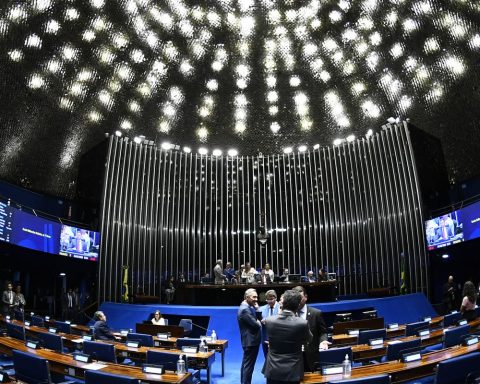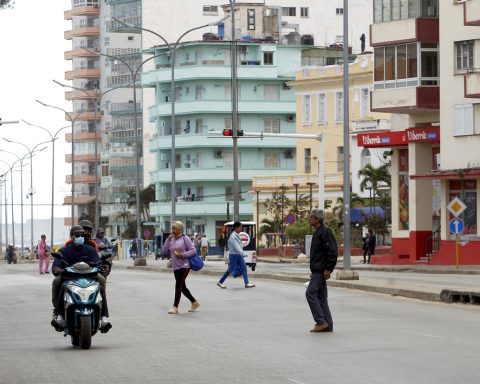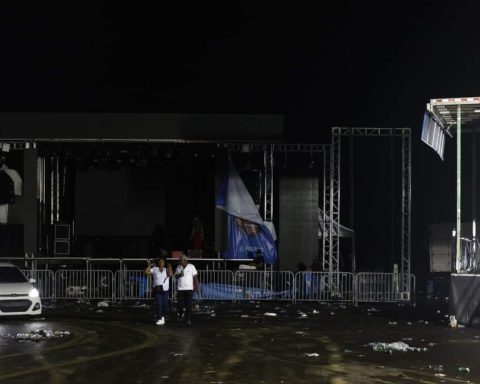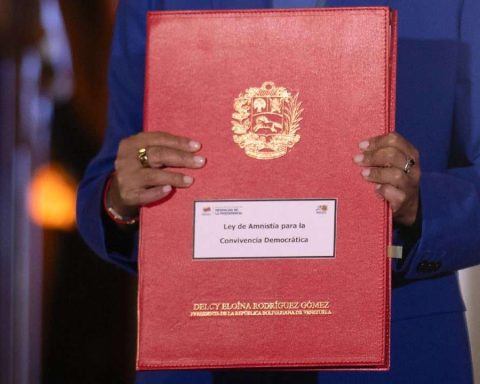Every time someone bathes, they spend between 80 and 120 liters of drinking water.
And when washing the car, 400 more liters are spent.
Between six and 10 liters go down the cistern every time the chain is flushed and when washing the dishes between 15 and 30 liters of water go down the pipes.
Each person uses between 100 and 200 liters of water each day to meet their consumption and hygiene needs.
The amount of drinking water that is lost in daily actions begins to weigh at a time of emergency, drought and lack of fresh water. The issue of what we do with the water we use was raised days ago in a colloquium of the Faculty of Engineering by the civil engineer Julieta López. “In Uruguay we are used to thinking that drinking water is what we use for everything, at the domestic level (…) is it really necessary?” he asked.
But not only the academy is thinking of alternatives to reuse water: in the government have already made proposals concrete that aim to carry the liquid for irrigation in the fields.
At home
The proposal is to reuse the grey waters. López explained that in the home there is sewage, which is what comes out of the toilet and bidet and the Greywater, which is what emerges from the shower, the washing machine, the kitchen or the bathroom sink.
However, reusing gray water in houses that are already built “is a problem”, explained the engineer because “all the drains are going together, through the same pipe and the same chamber that connects to the collector.” Therefore, it would be necessary to break floors and walls if a double sanitation was to be carried out. However, the opportunity to take the step is in the construction of new homes.
Marcelo Rosas is a bioconstructor, lives in Balneario Argentino, in Cannelloni. He builds homes based on permaculture: a home design that is sustainable and “is in harmony” with the space to be inhabited, she explained. Rosas built his house out of dirt and planned how collect rainwater or channel the water from the washing machine to a wetland. As it is still under construction, for the moment Rosas collects the water from the shower and the kitchen in sinks, “but the idea is to make a circuit,” he said.
At the same timethe gray water from your house goes through a treatment. “They go to a conventional drip tray, like in any house, but then they go through a process of decanting solids with tubs and end up in the wetland.” Doing something like that, she said, takes two days of work. “The pipes are the same, they are arranged and the water from the grease fitting does not go to the cesspool, but to this place of decantation of the solids.”
In Montevideo, engineer López explained that in the interior of the country it is common to find houses that separate the water and send the gray water through the land and the toilet water into the cesspool. However, in urban areas and for new constructions, a change of regulations is necessary governing building permits. “It does not give you the option of separating water and reusing gray water. There is a gap in the regulations that should be looked at,” he said.
In new buildings, it is possible to explore the option of separating black water from gray water. “You have to have a second upper tank from where the cistern, irrigation or fire system is fed”, He said although he clarified that gray water also requires treatment before being reused.
But, it is also possible to take advantage of rainwater in homes. Unloading the cistern, putting out fires or irrigating with rainwater “is a line that must be explored,” López proposed. As he explained, in the housing that is not new is possible: “In areas of houses where there is roof drainage, it can be diverted and used. You have to do a fairly minimal treatment (of the water) and it can be used for irrigation, washing the car, feeding the cistern or the washing machine. Rainwater is easier to take advantage of in an existing home“, he explained.
Government wants to take advantage of sanitation works
The government is developing a plan to bring sanitation to 61 towns in the interior. In it Ministry of Environment took advantage of these works and asked that the bidding documents add the possibility that the water is reused for irrigation in the agricultural field.
The proposal is to add a last stage to the wastewater treatment chain so that it can be pumped or transported in tanker trucks. So far, the process that performs SBI to treat these waters, it ends up in a water course – that is, it is returned to rivers or streams. “The technology (to do it) exists,” said the engineer López.

SBI
Stages of wastewater treatment carried out by OSE
The idea was presented by Undersecretary of the Environment, Gerardo Amarillawho said to The Observer that OSE and the National Development Corporation are working on the specifications for these works to incorporate that last step that can take the water already used to irrigate the fields. “In Uruguay we are used to wasting water because we had a lot of it,” he said.
The hierarch explained that the system is similar to the one already used in Tel Aviv, in Israel, where they treat wastewater and then pump it to an irrigation system for agriculture. “The water they threw away is reused and they sell it at a lower price than drinking water,” said Amarilla.
In this way, when drinking water is used for showering, bathing or cooking, the liquid returns to the OSE sanitation network, from there to the treatment plant -which depends on the Municipality of Montevideo (IM)– but instead of ending up in a river, it will lead to an irrigation system. López explained that these waters have to have a treatment that allows obtaining good quality water, especially when it is used for irrigation of foods that are eaten raw, such as lettuce.
